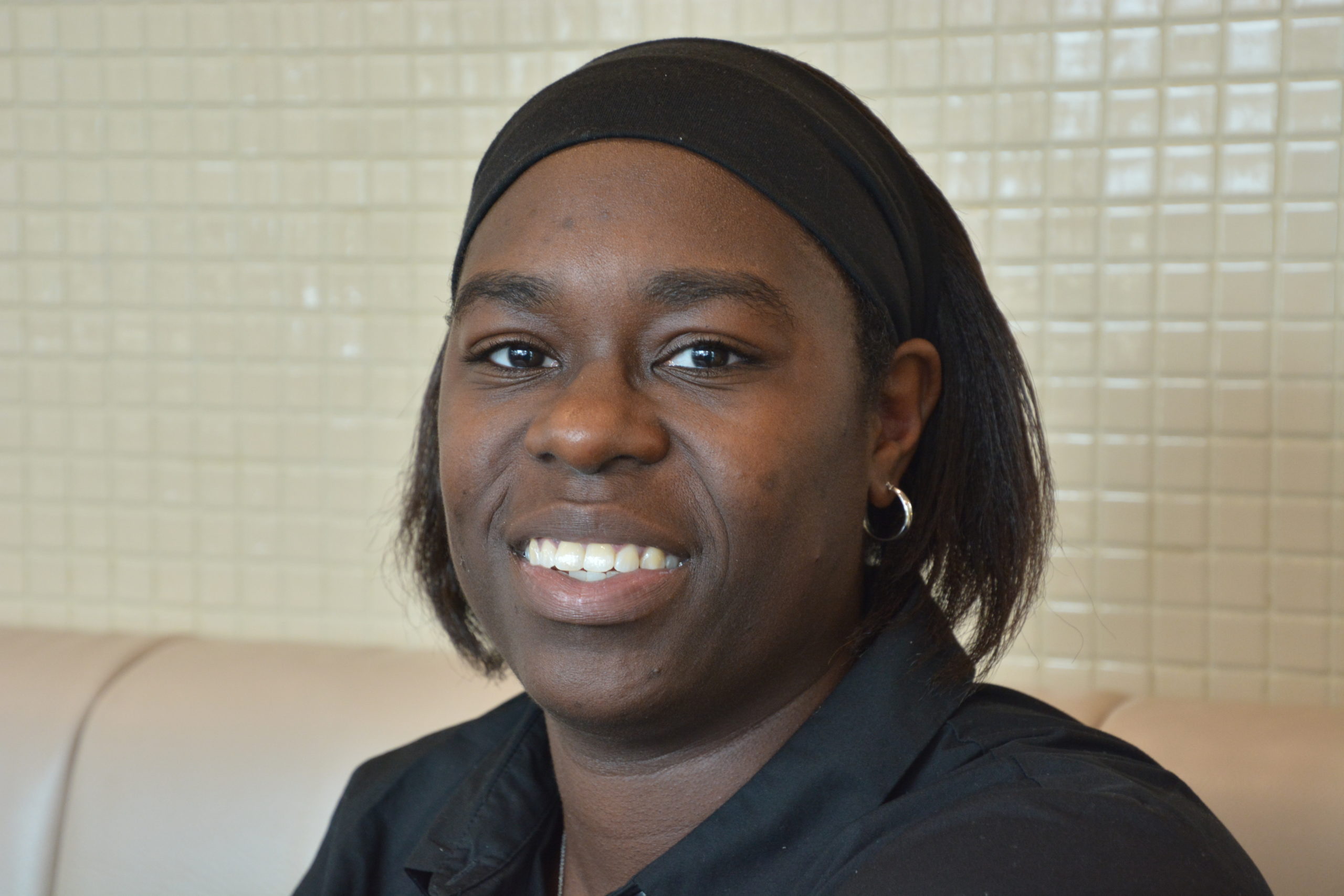The concept of a transition is often neglected in life and sport.
People are always attempting to transition upward to the next developmental level. The transitional space is what Carl Jung referred to as liminal space or that doorway between what was and what will be. The great mythologist Joseph Campbell described the hero’s journey as having phases that included a call to adventure, leaving the ordinary world behind, entering the threshold or transitional space where the hero is helped by a mentor and then plunges into the supernatural world.
There are major psychological theories about transition by Freud, Erickson, Piaget, Bowlby, Skinner and Bandura. All these well-known theorists struggle to explain exactly how one gets from a lower level to a higher one.
Freud said that people are stuck in one phase and that it takes analysis to get them unstuck. Let’s face it, most Americans are obsessed with how to transition from one class to the next.
The major political debate of the last 40 years is about how the middle class is stuck and in decline and how the upper class is building walls around itself to keep out the riff-raff.
Humans love to transition upward. We are desperate to get a higher degree, get a higher salary or move up into a higher class or to buy a more expensive handbag.
In the field of sports management, I will rarely find someone that is concerned about the interesting concept of transition but there is someone I know who works in this area and her name is Kristine Hughes.
Kristine Hughes is a personal trainer with a masters in sports medicine from the University of Pittsburgh. She was a college basketball player herself so she knows about sports transitions. She was good enough to get a look from the WNBA but decided instead to move into sports medicine instead.
I sat with Kristine last weekend at The French Workshop in Garden City to discuss her work with athletes who are faced with wanted or unwanted transitions.
She told me that she tries to help the athletes deal with two types of transition. The first one is where an athlete is faced with the challenge of coping with entry into the next level. It may be a high school player who is about to go to college and play division one ball.
The player will be about to leave home for the first time and cope with players who are all very talented and very competitive. Kristine tries to get them ready physically but also emotionally.
I know from working with my patients that transitioning to either college ball or the pros is very challenging because it often marks the first time that the player will no longer be the standout but instead may instantly become a second-string bench warmer. This will often have devastating results on the player’s ego and confidence. The rookie slump is the label given to this epic and common problem.
The second type of transition she talked about was the transition out of the sport due to either injury or forced retirement. This is a transition that most people have an easier time understanding since everyone has experienced unwanted loss from time to time.
Transitions out of sports due to injury were well described in the film Friday Night Lights where the high school football star Boobie Miles destroyed his knee in a football injury and was forced to say goodbye to the only thing he knew how to do.
Kristine mentioned that injury can force a transition out of the sport but it also occurs because some athletes simply don’t have the ability to compete at the next level.
I can attest to that problem because when I was a teen I played some good golf and harbored the fantasy that I would someday play on tour.
This fantasy was destroyed one fine summer day when I was 17 years old and had the chance to play against a young George Burns the guy who would later go on to fame and fortune on the PGA Tour.
By the time we played one and a half holes, I realized quite vividly that my future would be as a sport psychologist and not as a professional golfer. I was good but not nearly as good as George.
Kristine helps her injured athletes to deal with forced early retirement through solace, kind words and problem-solving. She knows through her own experience that there is life after sports and she makes sure her athletes are helped to find the path into their second career.
When Dorothy arrived in the land of Oz she was given a kiss on the forehead and those ruby slippers to help her make her journey.
Toddlers are given a teddy bear to comfort them as they learn to separate from the mother’s side and transition into independence. And some personal trainers who have talent and compassion help the injured athlete to make their transitions into the next phase of their life.
This kind of support is a lifesaving thing when needed. Kristine can be reached by going to her website at LegitimateWorld.net



